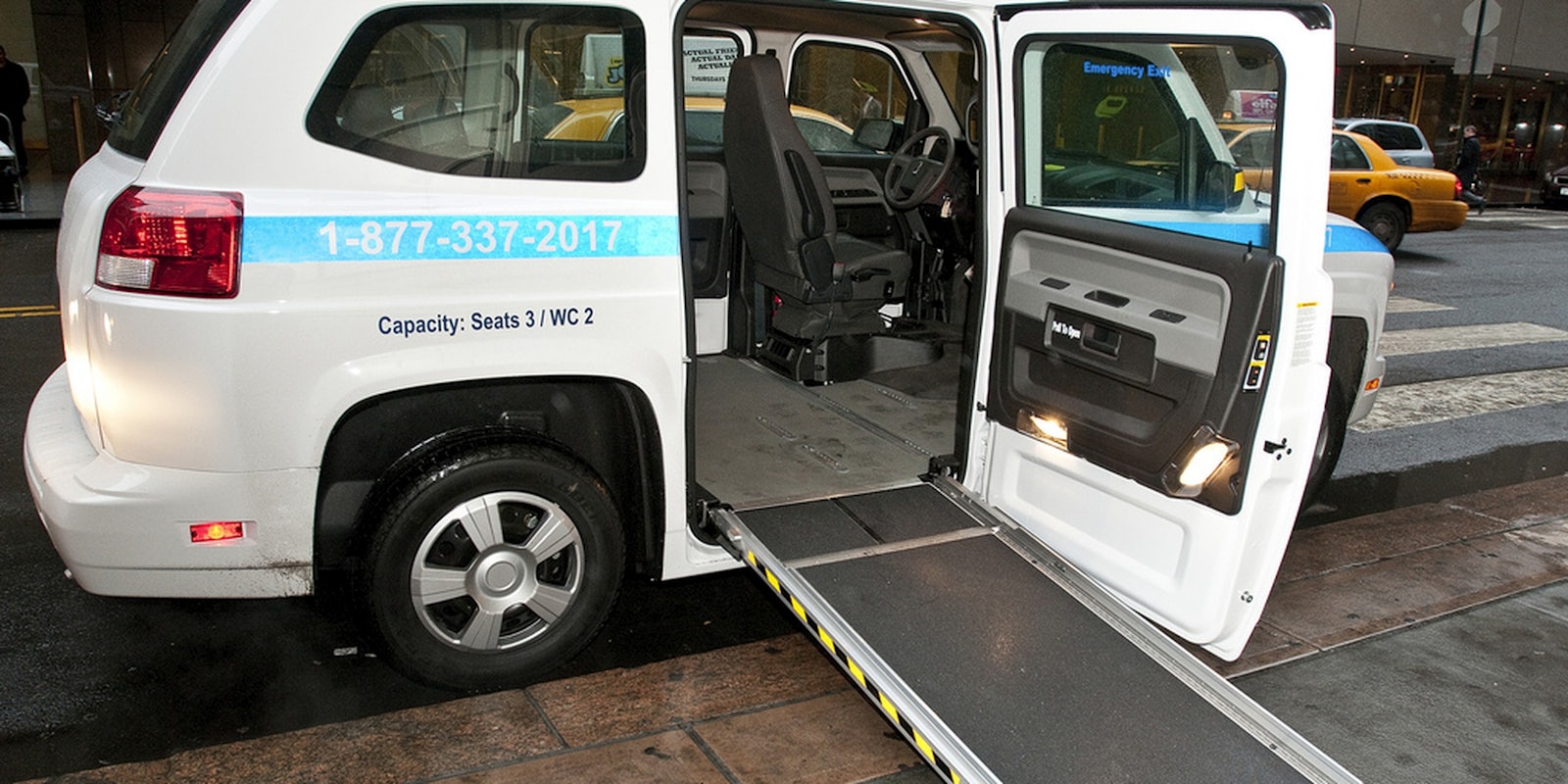Uber may be convenient for some, but for many people, especially those with physical disabilities, the ridesharing service comes with unexpected burdens. Last week, a blind man named Justin Chan took to Facebook to complain about Uber drivers refusing to pick him up because of his seeing eye dog, Eddie.
“They just can’t handle Eddie’s swag,” Chan joked.
Chan’s friend tweeted about the issue to gain some attention. Two hours later, an Uber support representative responded with the message, “That’s completely unacceptable. A member of our management team will reach out to Justin shortly.”
Throughout its meteoric rise, Uber’s attempts to adapting its ridesharing service for disabled people has been plagued by problems. (Uber did not respond to repeated requests for comment for this article.)
The California chapter of the National Federation of the Blind filed a lawsuit against Uber in September 2014 for “discriminating against blind passengers.” The lawsuit alleges that UberX drivers have “physically injured blind passengers” and shoved seeing eye dogs into trunks without their owners permission.
Disability activists in Texas filed a lawsuit against Uber and its competitor Lyft in July 2014, accusing the companies of violating the Americans with Disabilities Act of 1990 by failing to adequately provide service for the disabled.
The rise of ridesharing apps also comes at the expense of traditional cab companies, many of which have ramp cabs, some of the only vehicles that can easily transport physically disabled people.
To its credit, Uber launched UberWAV in 2014, allowing disabled New Yorkers in the outer boroughs to link up with accessible “green taxis.” The service remains limited and there still is no way to ensure that aride hailed through Uber in Manhattan will be handicap-accessible. Disability advocates in New York have described Uber as a “discriminatory practice” and are pushing for it to develop more accommodating technologies.
Photo via Metropolitan Transportation Authority of the State of New York/Flickr (CC BY 2.0)
